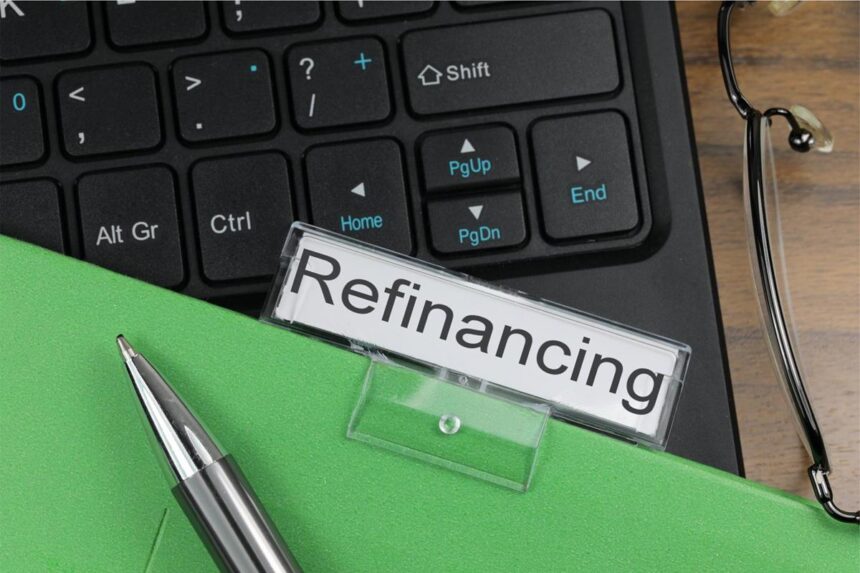Exploring the Benefits of Refinancing Your Home Loan
Refinancing your home loan can be a great way to get a better interest rate, lower your monthly payments or tap into your home’s equity. While this option can be daunting for many home buyers, those who take the time to understand the process can benefit in a big way. Here, we’ll explore the various benefits of refinancing your home loan and how the process works.
Lower Your Interest Rate
One of the most common reasons people refinance is to get a lower interest rate. This can be a great way to save money over the life of the loan, as lower interest rates usually mean lower monthly payments. If you’re able to get a significantly lower interest rate, you could end up saving thousands of dollars in the long run. Before you decide to refinance, make sure you understand the closing costs associated with the new loan, as this can be a major factor in the actual cost of refinancing.
Tap Into Your Home’s Equity
Refinancing is also a great way to tap into the equity you’ve built up in your home. This can be useful if you’re looking to fund a major home renovation or other large expenses. With this option, you’ll be able to borrow against the equity in your home and use it for whatever you need. Make sure you understand the terms of the loan before you decide to take this route, as it can quickly become a major financial commitment.
Lower Your Monthly Payments
In addition to securing a lower interest rate, refinancing can also be a great way to lower your monthly payments. This usually means extending the life of the loan and paying a little extra every month, but it can be a great option if you’re looking to save money each month. Make sure you understand how your monthly payments will be affected by the new loan before you decide to refinance.
Consolidate Your Debts
If you have a number of debts, such as high-interest credit cards and medical bills, you may be able to use your home’s equity to consolidate them into one manageable monthly payment. This can be a great option if you’re looking to get your debt under control, as the interest rate for a home loan tends to be much lower than for credit cards or other unsecured loans. Before you decide to refinance for this purpose, however, make sure you understand the terms of the loan and how consolidating your debts may affect your credit score.
The Refinancing Process
Once you decide to refinance, the process is generally the same as when you originally applied for the loan. You’ll need to provide financial information to your lender and fill out a loan application. The lender will then review the information and decide whether or not to approve the loan. Once the loan is approved, the lender will close the old loan and open a new one with the appropriate terms. It’s important to note that closing costs associated with refinancing can add up, so make sure you take this into account when you’re deciding whether to refinance or not.
Final Thoughts
While refinancing your home loan can be a great way to save money and tap into your home’s equity, it’s important to make sure you understand the process and potential costs associated with the loan. Take the time to do your research and compare loan offers so you can get the best rate and terms. With the right information, you’ll be able to make an informed decision that can help you take advantage of all the benefits of refinancing.

